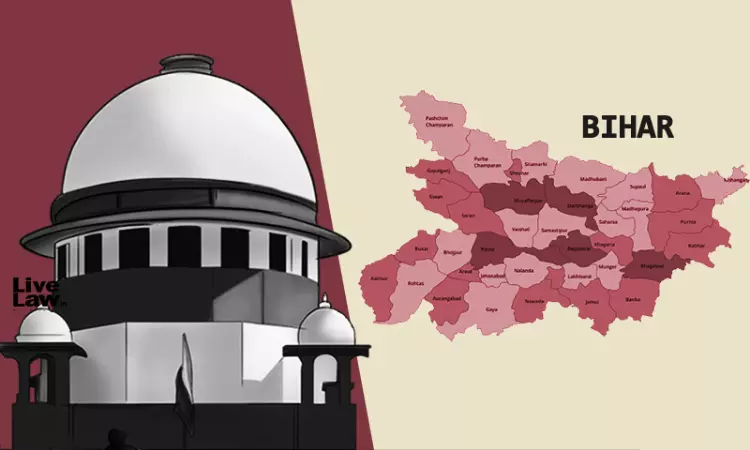Won't Stay Bihar Caste Survey Unless Prima Facie Case Is Made, Says Supreme Court; Centre Seeks To Submit Its Views
Awstika Das
21 Aug 2023 5:36 PM IST

Next Story
21 Aug 2023 5:36 PM IST
The caste-based survey conducted by the Bihar government may have some ‘ramifications’, Solicitor-General for India Tushar Mehta told the Supreme Court on Monday, on behalf of the central government. A bench of Justices Sanjiv Khanna and SVN Bhatti was hearing a plea by non-governmental organisations Youth for Equality and Ek Soch Ek Prayas against the decision of the Patna...
